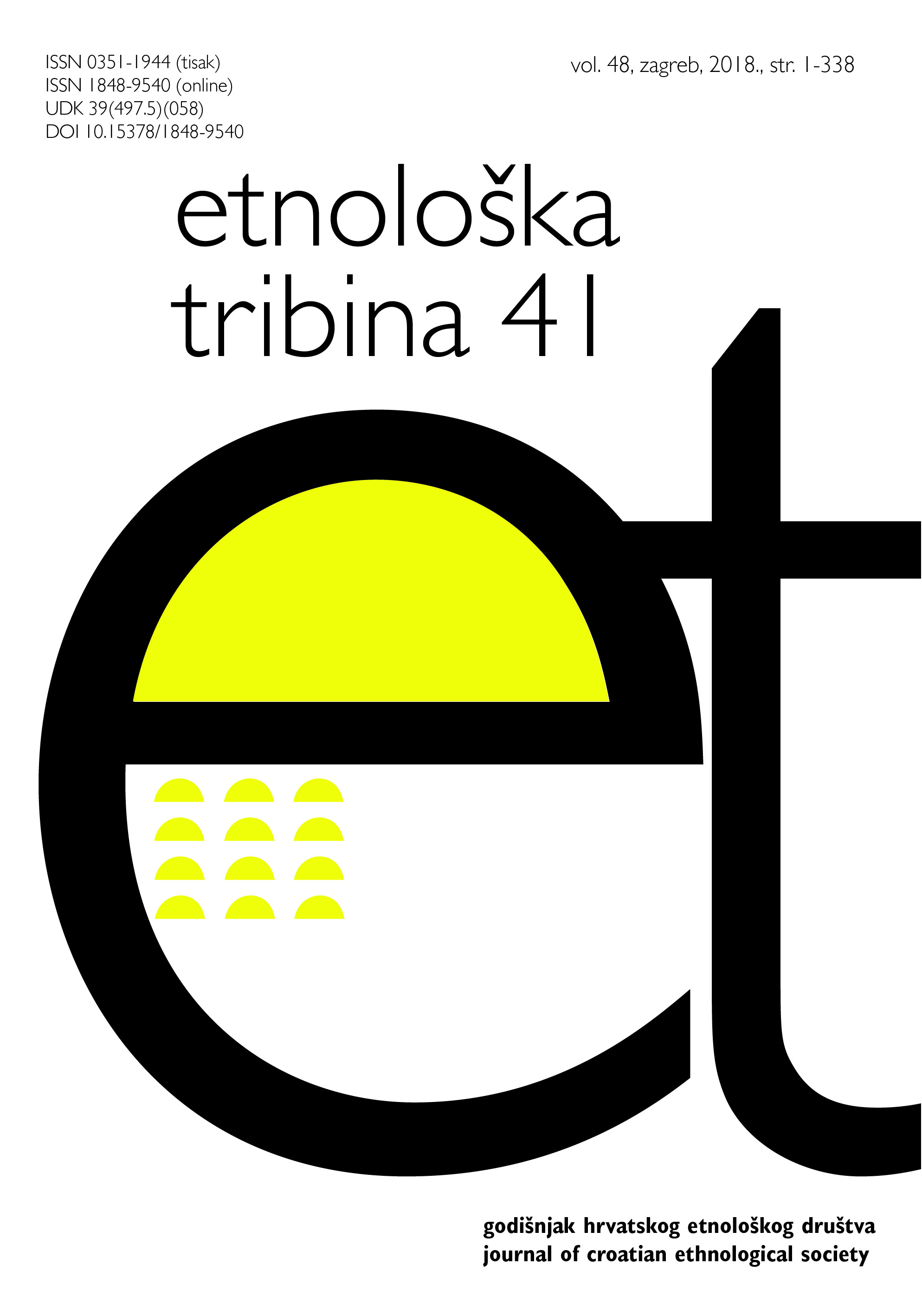Deconstructing and Reconstructing. Embracing Alternative Ways of Producing, Classifying and Disseminating Knowledge / Dekonstrukcija i rekonstrukcija. Prihvaćanje alternativnih načina proizvodnje, klasifikacije i diseminacije znanja
Abstract
In this short piece, we argue for a fundamental reconsideration and reorganization of knowledge production. Intellectual and cultural inequality are part and parcel of socioeconomic inequality. How can we create a better world if we are not clear about the premises behind the knowledge that we have about that world and how it is produced? We need to look carefully at what is silenced and what is said out loud; at what is obscured, hiding in plain sight, or given centre stage. Not only is the task at hand to see clearly what comes into view when these embedded assumptions are excavated. It is also to create new words, new methods, and new institutions that do not repeat the same mistakes. It is a plea to train the next generation differently, so they are prepared to chart a new path toward producing, classifying, and using knowledge in more constructive and inclusive ways.
U ovom kratkom radu autori se zalažu za temeljito preispitivanje i reorganizaciju proizvodnje znanja. Intelektualna i kulturna nejednakost dio su socioekonomske nejednakosti. Kako možemo stvoriti bolji svijet ako nismo načisto s premisama znanja koje o tom svijetu imamo te načinom na koji se ono proizvodi? Moramo pažljivo razmotriti što je utišano, a što se glasno izgovara, što je zamagljeno, neprimjetno iako je očigledno ili čemu je dano središnje mjesto. Zadatak nije samo jasno razabrati ono što se ukazuje nakon što se iskopaju te duboko ugrađene pretpostavke. Riječ je i o tome da je potrebno stvoriti nove riječi, nove metode i nove institucije koje neće ponoviti iste greške. Zalog je sljedeću generaciju odgojiti drugačije kako bi bila spremna ucrtati novi put za proizvodnju, klasifikaciju i korištenje znanja na konstruktivniji i inkluzivniji način.

